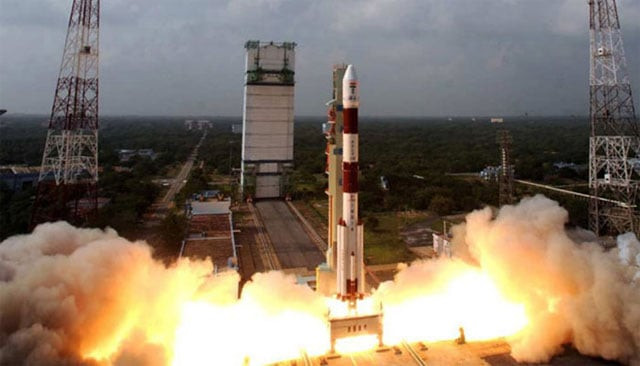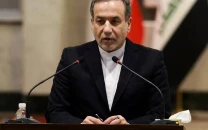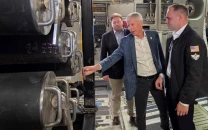Eyes on space, India launches 'mini-Hubble'
ASTROSAT to bring little commercial advantage but will show India's new capability in space research, says scientist

ASTROSAT to bring little commercial advantage but will show India's new capability in space research, says scientist. PHOTO: THE PENINSULA
The observatory, named ASTROSAT, will help Indian scientists intensify space exploration efforts by studying distant celestial objects and conduct deeper analyses of star systems.
"This launch ... is important for astronomical sciences," Harsh Vardhan, India's minister for earth sciences, said in a statement. "We look forward to prospective research."
Read: Indian scientists at odds on ancient discovery claims
The simultaneous launch of six other satellites, four of which were for the United States, came hours before a scheduled meeting between Modi and US President Barack Obama.
Modi is bullish about India's space research programme and has repeatedly lauded the efforts of his scientists, who last year scored big on the global stage when their low-cost Mars mission entered the red planet's orbit on its very first attempt.
Despite the recent successes, the growth of India's space programme has been stymied by lack of heavier launchers and slow execution of missions - during 2007-2012, only about half of the planned 60 missions were accomplished.
In December, India successfully tested a new, more powerful rocket - the Geosynchronous Satellite Launch Vehicle (GSLV) Mark III - that can put heavier payloads into space, but it is not yet operational.
ASTROSAT is seen as a smaller version of NASA's Hubble Space Telescope that was launched in 1990. It will be able to detect objects in multiple wavelengths such as X-rays, but with far lower precision than Hubble, said Mayank Vahia of the Tata Institute of Fundamental Research.
Read: Pakistan surspasses India's nuke count: report
"This will bring little commercial advantage but will show India's new capability in space research," said Vahia, whose institute made three of the five scientific instruments aboard ASTROSAT.
The ASTROSAT instruments will transmit data to a control centre in the southern city of Bangalore that will manage the satellite during its five-year mission life.


















COMMENTS
Comments are moderated and generally will be posted if they are on-topic and not abusive.
For more information, please see our Comments FAQ